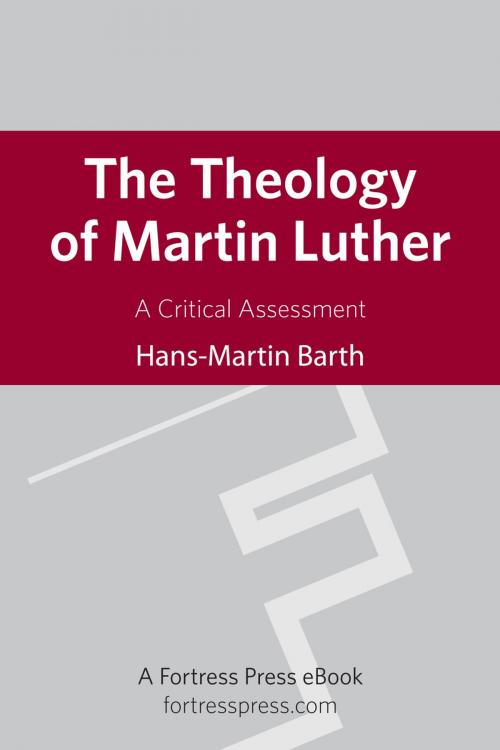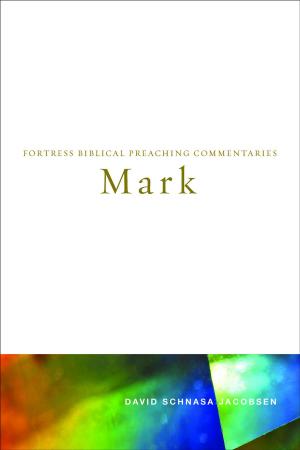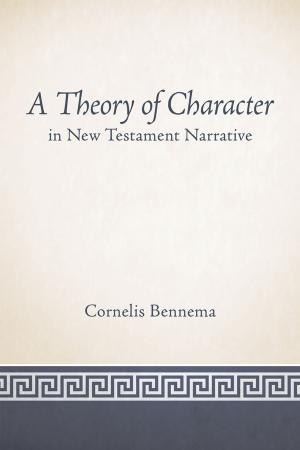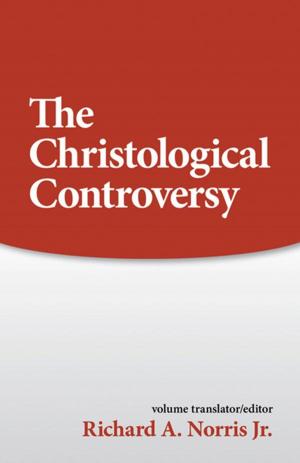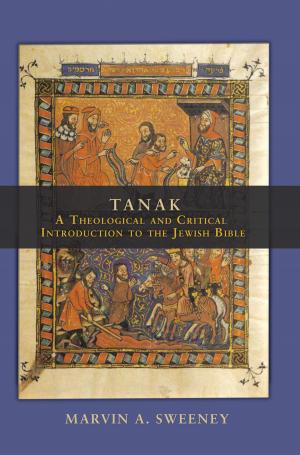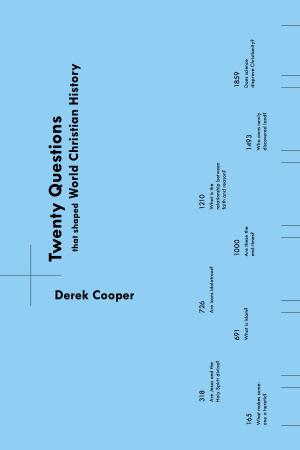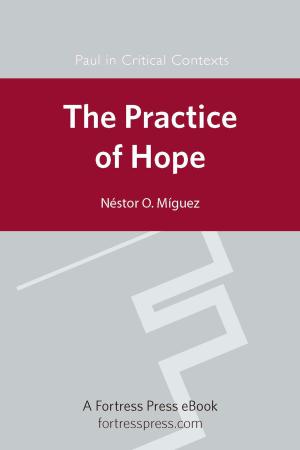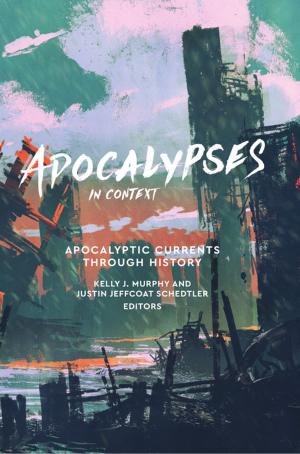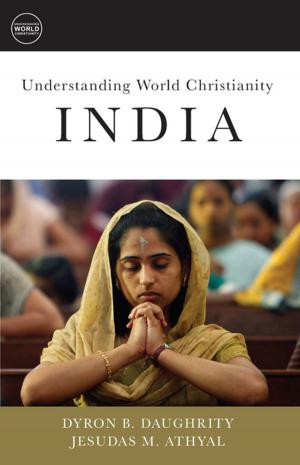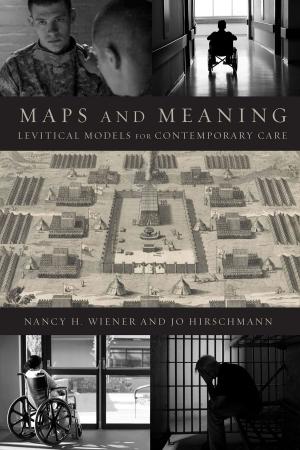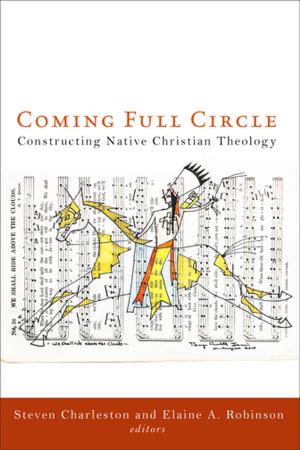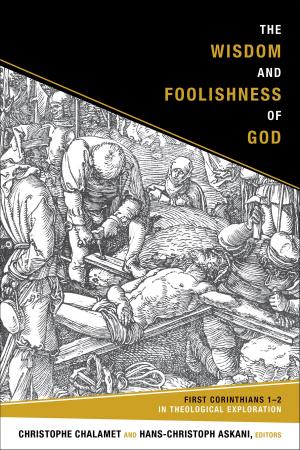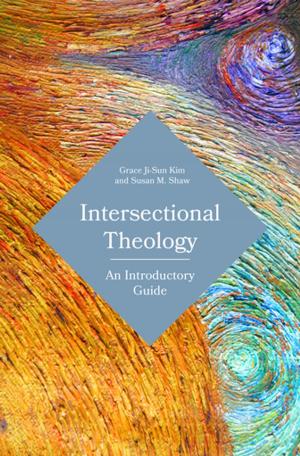The Theology of Martin Luther
A Critical Assessment
Nonfiction, Religion & Spirituality, Christianity, Church, Church History, Theology| Author: | Hans-Martin Barth | ISBN: | 9781451424355 |
| Publisher: | Fortress Press | Publication: | November 1, 2012 |
| Imprint: | Fortress Press | Language: | English |
| Author: | Hans-Martin Barth |
| ISBN: | 9781451424355 |
| Publisher: | Fortress Press |
| Publication: | November 1, 2012 |
| Imprint: | Fortress Press |
| Language: | English |
Does Martin Luther have anything to say to us today? Nearly five-hundred years after the beginning of the Reformation, Hans-Martin Barth explores that question in this comprehensive and critical evaluation of Luther’s theology. Rich in its extent and in its many facets, Barth’s didactically well-planned work begins with clarifications about obsolete and outdated images of Luther that could obstruct access to the Reformer—for example, the question of the Peasants' War and Luther's attitude toward other religions and superstition. The second part covers the whole of Martin Luther's theology. Having divided Luther’s theology into twelve sub-sections, Barth ends each one of these with an honest and frank assessment of what today can be salvaged and what’s got to go. In the final section he gives his summation: an honestly critical appropriation of Luther’s theology can still be existentially inspiring and globally relevant for the twenty-first century.
Does Martin Luther have anything to say to us today? Nearly five-hundred years after the beginning of the Reformation, Hans-Martin Barth explores that question in this comprehensive and critical evaluation of Luther’s theology. Rich in its extent and in its many facets, Barth’s didactically well-planned work begins with clarifications about obsolete and outdated images of Luther that could obstruct access to the Reformer—for example, the question of the Peasants' War and Luther's attitude toward other religions and superstition. The second part covers the whole of Martin Luther's theology. Having divided Luther’s theology into twelve sub-sections, Barth ends each one of these with an honest and frank assessment of what today can be salvaged and what’s got to go. In the final section he gives his summation: an honestly critical appropriation of Luther’s theology can still be existentially inspiring and globally relevant for the twenty-first century.
